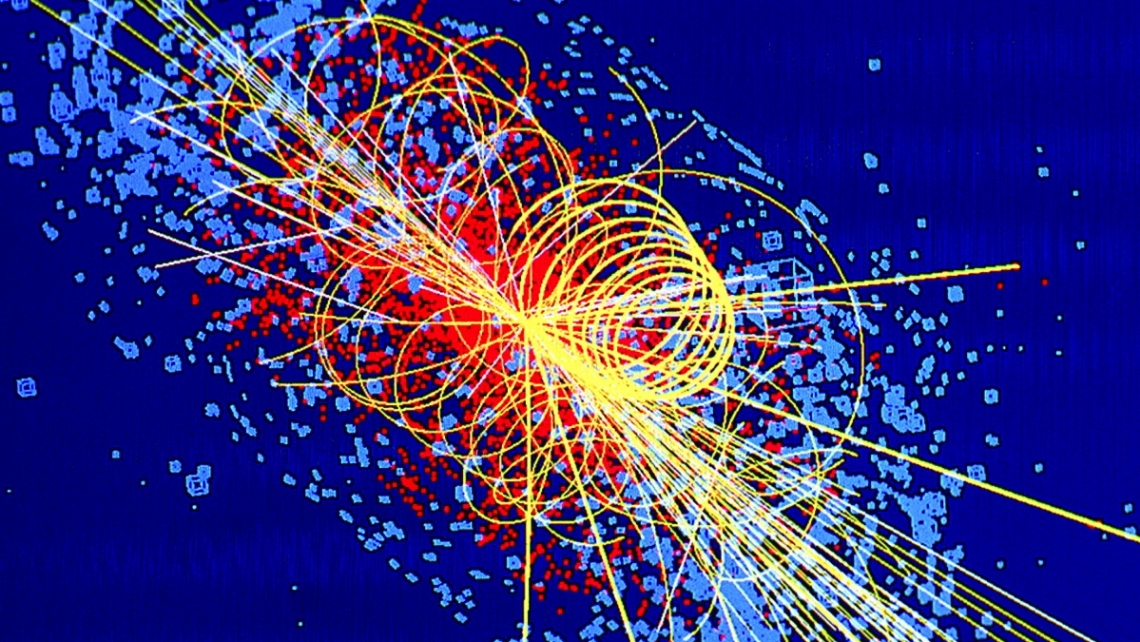
Introduction
The discovery of the Higgs Boson in 2012 marked a significant milestone in the field of physics, validating the Standard Model and opening new avenues for scientific research. This paper examines the journey towards this discovery, its profound impact on our understanding of the universe, and the future implications it holds.
Background
The Higgs Boson, often referred to as the ‘God Particle,’ was theorized in the 1960s as a fundamental element in the field theory that describes subatomic particles. Its existence is crucial for explaining why certain particles have mass. The Large Hadron Collider (LHC) at CERN was instrumental in the search for the Higgs Boson.
The Discovery
The announcement of the discovery of a particle consistent with the Higgs Boson on July 4, 2012, was the result of decades of research and collaboration. This section delves into the experiments and analysis that led to this groundbreaking achievement.
Implications
The discovery of the Higgs Boson has significant implications for our understanding of the fundamental forces of nature. It provides crucial insights into the origin of mass and has potential ramifications in the realms of quantum mechanics and cosmology.
Future Prospects
The ongoing research post the discovery of the Higgs Boson focuses on understanding its properties in detail and unraveling further mysteries of the universe, such as dark matter and energy.
Conclusion
The discovery of the Higgs Boson is not just a triumph of modern physics but also a testament to human curiosity and the quest for knowledge. Its implications stretch far beyond the confines of particle physics, influencing various scientific disciplines.
References
- CERN (2012). “Latest Update in the Search for the Higgs Boson.”
- Higgs, P. (1964). “Broken Symmetries, Massless Particles and Gauge Fields.”
- ATLAS Collaboration (2012). “Observation of a New Particle in the Search for the Standard Model Higgs Boson.”
- Chatrchyan, S., et al. (2012). “Observation of a New Boson at a Mass of 125 GeV.”
- Ellis, J. (2012). “The Higgs Boson: Historical Perspective.”
- Green, B. (2011). “The Fabric of the Cosmos: Space, Time, and the Texture of Reality.”
- Hawking, S. (1988). “A Brief History of Time.”
- Weinberg, S. (1993). “The Discovery of Subatomic Particles.”
